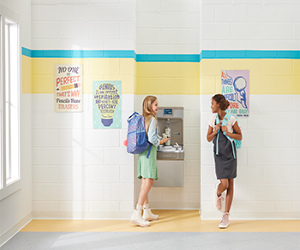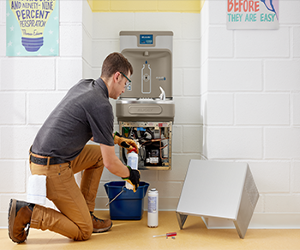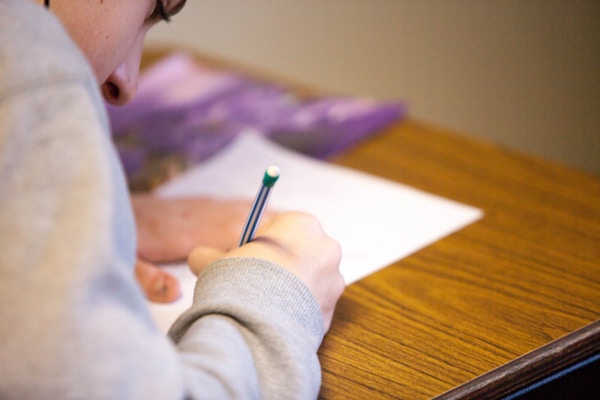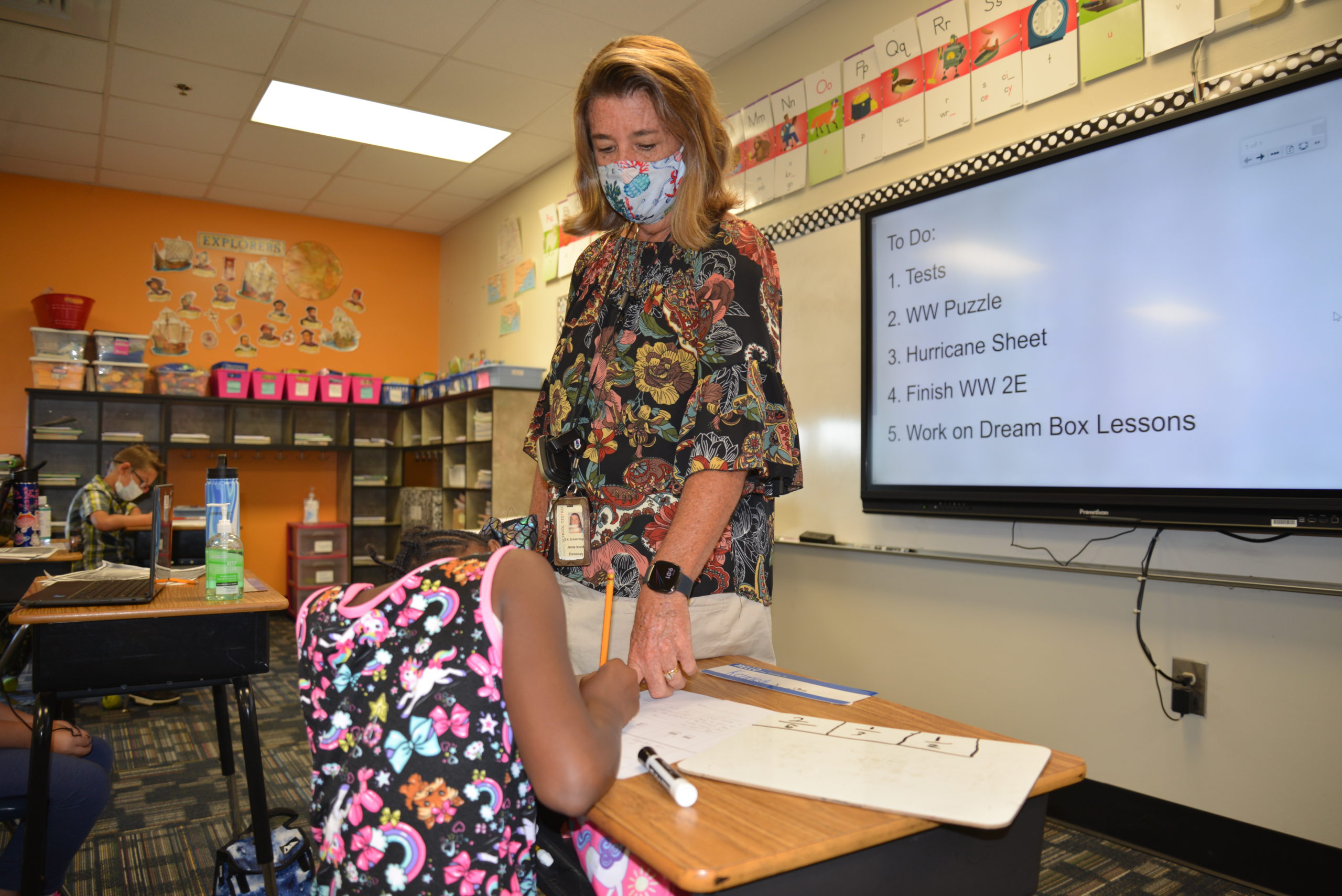Across the U.S., many schools lack access to healthier, filtered drinking water. In fact, in a recent study, more than 40% of schools around the country appeared to have higher-than-recommended levels of lead in their tap water—and most schools were not even testing for lead (Harvard T.H Chan School of Public Health), putting both students, educators and staff at risk of exposure to toxins.
According to the U.S. Environmental Protection Agency (EPA), drinking water can make up 20% or more of a person’s total exposure to lead.
The EPA also says that lead is particularly dangerous to children because as they grow, they absorb more lead than adults do, and their brains and nervous systems are more sensitive to the damaging effects of lead. Even low levels of lead in the blood of children can have harmful effects, including:
- Behavior and learning problems
- Lower IQ and hyperactivity
- Slowed growth
- Hearing problems
- Anemia
Adequate hydration and access to cleaner water is a crucial part of a student’s education. Not only do students feel better when properly hydrated, they perform better academically, and attendance rates are higher.

Despite laws and regulations being introduced, such as the ‘Filter First’ water safety legislation that recently passed in the Michigan Senate which would ensure that children have safer water to drink through a comprehensive program to install filters on drinking and cooking water sources in schools and childcare centers (Michigan League of Conservation Voters), many areas still lack access to healthier drinking water due to limited resources and time it takes to enforce new legislation.
Turning ESSER Funds into Action
As a result of the COVID-19 pandemic, in March 2021, the Department of Education announced the allocation that each state agency will receive under the American Rescue Plan Elementary and Secondary School Emergency Relief (ARP ESSER) Fund, totaling $122 billion in relief for K-12 schools (U.S. Department of Education).
School administrators can use ESSER funds to provide cleaner, filtered drinking water in their facilities by installing no-touch fixtures and filtered drinking water units, like Elkay’s ezH2O® Bottle Filling Stations to encourage students and staff alike to stay hydrated throughout the day while mitigating the spread of germs.
With ESSER funds, necessary upgrades can be purchased to make sure attendance stays high. But hurry — ESSER II funds expire September 30, 2023, and ESSER III funds expire September 30, 2024. Administrators can learn more about how to apply for ESSER Funds by visiting the Office of Elementary and Secondary Education’s website.

Cleaner, Healthier Water within Reach
Elkay, the leading manufacturer of award-winning drinking water products’, bottle filling stations have NSF-certified filters that reduce lead and other contaminants in water and feature hands-free, sanitary operation, helping reduce the risk of germs spreading and thus, supporting uninterrupted in-person learning for students and staff.
The units include an exclusive Green Ticker™ that tells users the number of 20 oz. plastic water bottles that have been saved from waste, which makes for great sustainability teaching moments for students. Additionally, key plastic components on the unit have a special silver ion antimicrobial protection that inhibits the growth of mold and mildew.
Elkay believes that children deserve cleaner water, especially where they’re learning and growing every day. When schools are equipped with touchless fixtures and filtered drinking water units, the risk of spreading germs is reduced and not only does it benefit the students, but staff and educators, as well.
For more details, visit Elkay’s K-12 Solutions page and contact your local Elkay Sales Representative to learn more about upgrading your school’s hydration and hand hygiene by using ESSER funds.






